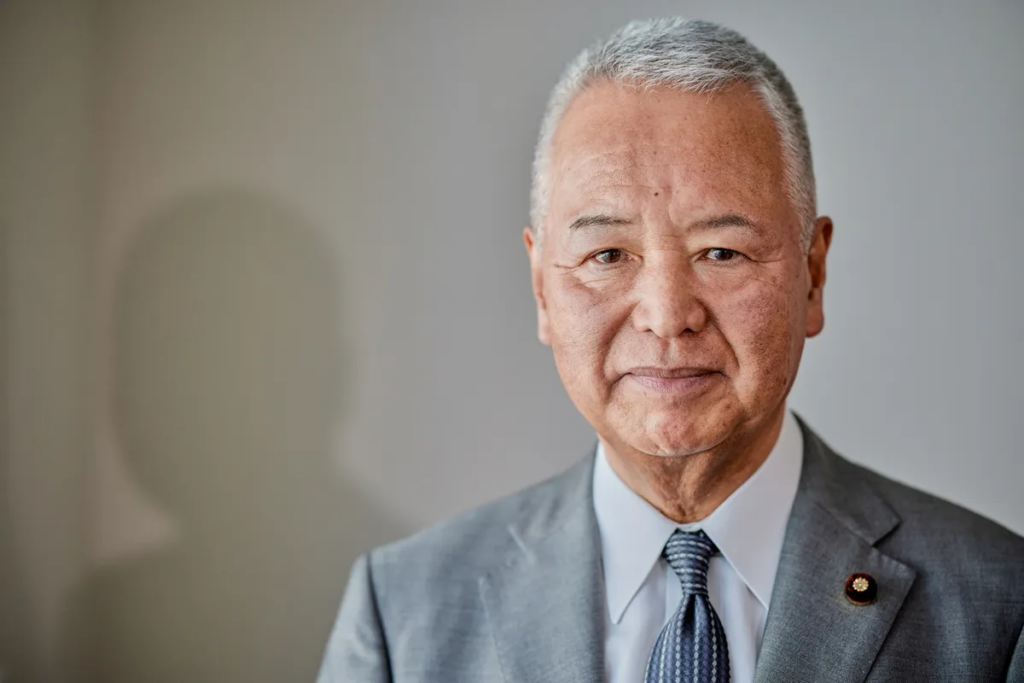- An important supporter, Akira Amari, lost the election, and the plan to subsidize semiconductor factories was hindered
- Veteran lawmaker Ganley loses race to rival who focused on childcare support
The defeat of Liberal Democratic Party heavyweight Akira Amari in Japan’s general election has left the chip industry without a major supporter and raised concerns about excessive public funding for the semiconductor industry.

Amari, who during his 40-year legislative career served as economics minister and pushed for massive public funding to boost domestic semiconductor production capacity, lost his seat in Kanagawa Prefecture’s 20th constituency to Sayuri Otsuka of the Constitutional Democratic Party, who advocates more childcare and care support.
Amari and Yoshihiro Seki, the secretary general of the LDP Semiconductor Parliamentary Alliance, jointly launched a multi-year semiconductor subsidy plan to raise about 4 trillion yen (about 26 billion U.S. dollars) for chip factory development, including a commitment of up to 920 billion yen in funding for the startup Rapidus Corp. to help it achieve its goal of mass production of advanced chips by 2027. Yoshihiro Seki was successfully re-elected.
Japan’s Ministry of Economy, Trade and Industry is studying a new framework for multi-year support for the chip industry, provided the required funds can be raised, NHK reported on Tuesday. It is unclear whether the framework will further increase or reduce public funding.
The report said the government is seeking ways to encourage private investment in the semiconductor industry and plans to integrate relevant plans in its upcoming economic policy package.
Japanese Prime Minister Shigeru Ishiba has pledged a bigger economic stimulus package than last year, but it is unclear whether the next extra budget will provide significant subsidies for the chip supply chain.
In this election, the LDP and its coalition partner Komeito failed to win a majority of seats, the first time since 2009. This situation may mean that the LDP needs to compromise with the opposition on policy.








